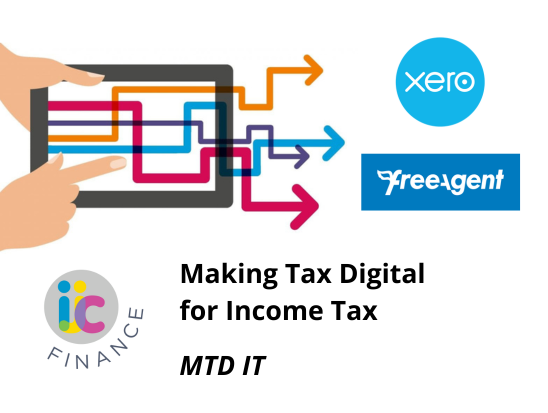The client onboarding journey
Isobel Chaplin •
October 15, 2020
Moving to IJC Finance for your accounting services

So you’re thinking about getting some help in the numbers department. Maybe it’s one of those tasks where you daren’t even speak the words “bookkeeping”, “accountant” or “money” even, or maybe you’re completely prepared, enjoy it and are just looking for someone to offer a second opinion, help free up some of your time, and make sure everything is compliant and meeting those important deadlines.
Either way, starting your journey with an accountant needn’t be daunting because you’ll be guided through what you need to do and provide to get up and running.
At IJC Finance, I start off by having a relaxed chat with my potential clients about what exactly it is they’re worried about or looking for, why they reached out and what they’re expectations are from my services. And yes – client seems a more appropriate term than customer. Why? Clients are here for advice and solutions, and customers tend to buy products. What I offer is a solution to suit your business’s requirements and we deep dive into any issues and I will suggest what it is I can offer to support you and your business.
I ask for my Client FactFinding form to be completed before we go into too much detail, as this helps me gain a better understanding of your business type (sole trader, partnership, limited company?) and the size, initially based on turnover.
By understanding the type of business, I know how much compliance work is involved – perhaps there are statutory accounts to prepare and a corporation tax return, alongside a personal and/or partnership tax return, and there may be VAT to account for and staff to pay. There are many combinations and so I tailor my solution to fit.
By understanding the size of business, I get a better idea of the transactional volume and whether there is a need for more advisory work. This includes preparing management accounts, cashflow forecasts, budgets. Not all businesses will need or want these additions (although I’d always say it’s vital to have a budget!) although I tend to find that the bigger the business, the more that insight and analysis become essential business tools.
Once I have a solution for your business, I will prepare a proposal for you detailing everything I will be covering in the engagement and how else I can help in the further down the line, when the business grows for example. We can always add things at a later date and review any service, so there is no need to worry if anything is missed first time round.
Once the proposal has been accepted and you have made the decision to work with me (wahoo!), then my onboarding program gets underway so that I can get you set up on new systems and ready to go as soon as possible. This is when I gather all the business and personal details required for me to provide you with the best service, and any training on how to use systems and the best way to work together takes place.
It’s a pain-free journey from the client perspective, as I do most of the work this side to get you ready on the starting blocks. If you are moving from another accountant, then I arrange the transfer of all documentation with them and all you need to do is let them know that I’ll be contacting them, and, if not already done so, terminate their appointment.
In conclusion – transferring accountants, or finding your first one, doesn’t need to weigh heavily on your shoulders. Any accountant who is interested in your business and helping it to reach its potential will be very happy to assist you on this journey – and that includes IJC Finance!
Share this post..
Facebook
X
LinkedIn
WhatsApp






